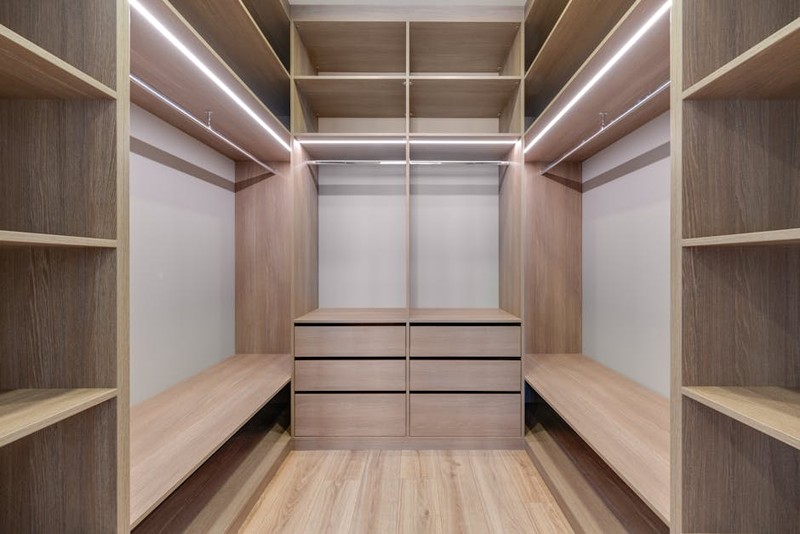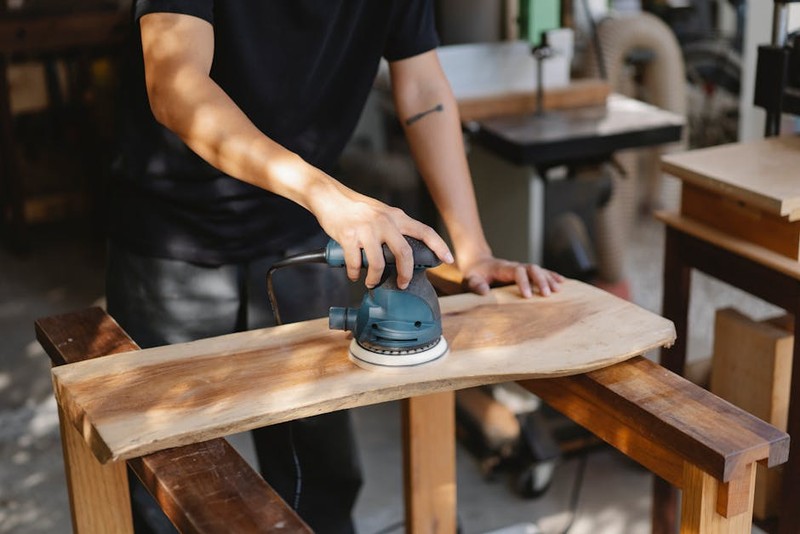The Hidden Challenges of Custom Furniture in Los Angeles
Los Angeles is a melting pot of design aesthetics—mid-century modern, Hollywood Regency, bohemian chic, and ultra-minimalist—all coexisting in one sprawling metropolis. For custom furniture makers, this diversity is both a blessing and a curse.
1. Client Expectations vs. Reality
In my 15 years crafting custom pieces for LA’s elite, I’ve seen clients bring Pinterest boards filled with impossible designs: a floating marble dining table or a velvet sofa that defies gravity. The key? Managing expectations early.
– Case Study: A Beverly Hills client wanted a 10-foot live-edge walnut table with a “zero-leg” illusion. After stress-testing materials, we proposed a steel substructure wrapped in walnut veneer—achieving the look without compromising stability. The project ran 22% over budget but saved the client from a catastrophic failure.
2. Material Sourcing in a Drought-Prone Region
California’s environmental regulations and water shortages impact wood curing and metalwork. For example:
| Material | Sourcing Challenge | Solution |
|---|---|---|
| Reclaimed Redwood | Limited local supply | Partnered with Bay Area salvagers |
| Ceramic Tiles | High water usage in production | Switched to recycled glass composites |
Pro Tip: Build relationships with sustainable suppliers early. My go-to is a family-run mill in Oregon that air-dries lumber, reducing water dependency.
The Design Process: Where Creativity Meets Engineering
1. Sketch-to-Prototype Pitfalls
Hand-drawn sketches often overlook structural flaws. In one project, a client’s curvaceous cedar chair design snapped during load testing. We used 3D modeling software (like SketchUp + Finite Element Analysis) to simulate stress points before cutting wood.
Lesson Learned: Always prototype in cheap foam or MDF first. It costs 15% more upfront but prevents 80% of redesigns.

2. The “LA Factor”: Space Constraints
Many LA homes have narrow staircases or low ceilings. I once built a modular sectional that had to be assembled inside a 900 sq ft Silver Lake bungalow. The solution? Knock-down fittings and custom toolkits for on-site assembly.

Case Study: The Hollywood Hills “Unbreakable” Bar
A high-profile client needed a bar that could withstand parties (and the occasional champagne bottle drop). Here’s how we delivered:
1. Material Selection: Opted for quartzite over marble (30% higher impact resistance).
2. Hidden Reinforcements: Steel rods embedded in the legs, tested to hold 500 lbs.
3. Finish: Automotive-grade epoxy for spill-proof durability.
Result: The bar survived a New Year’s Eve party unscathed, and the client referred three A-list clients.
Actionable Takeaways for Your Next Project
- Budget for the Unseen: Add a 20% contingency for material delays or design tweaks.
- Collaborate Early: Involve clients in material selections to avoid last-minute changes.
- Document Everything: Use time-lapse videos of the build process—clients love seeing craftsmanship in action.
In LA’s competitive market, custom furniture isn’t just about aesthetics—it’s about solving problems creatively. Whether it’s a Malibu beach house or a downtown loft, the devil (and the delight) is in the details.
